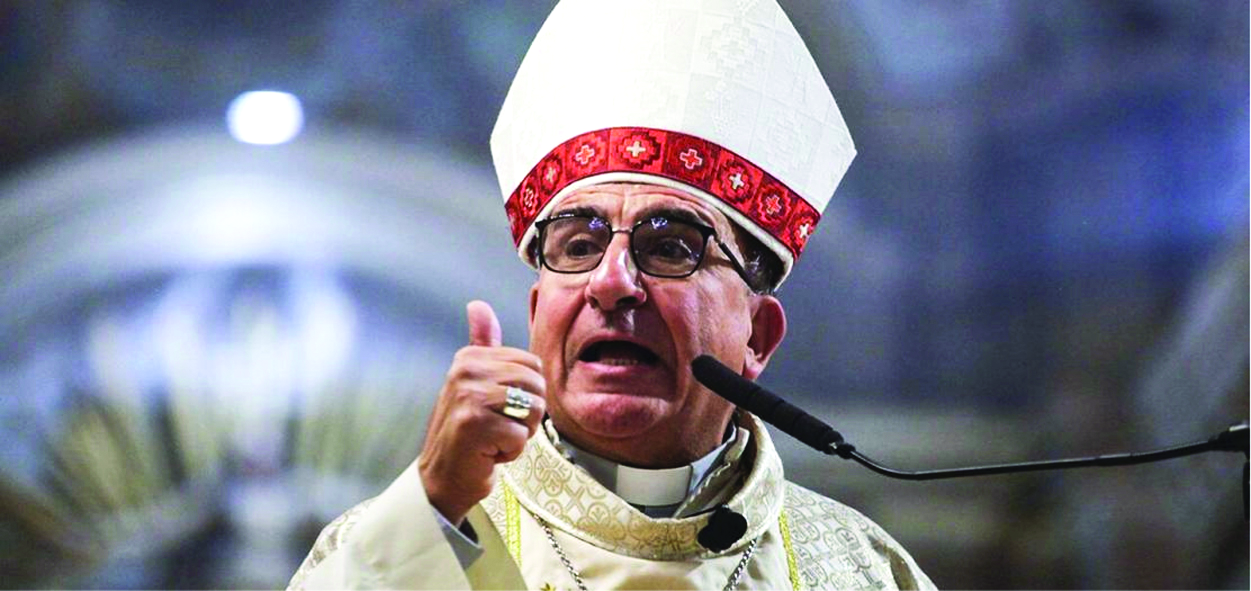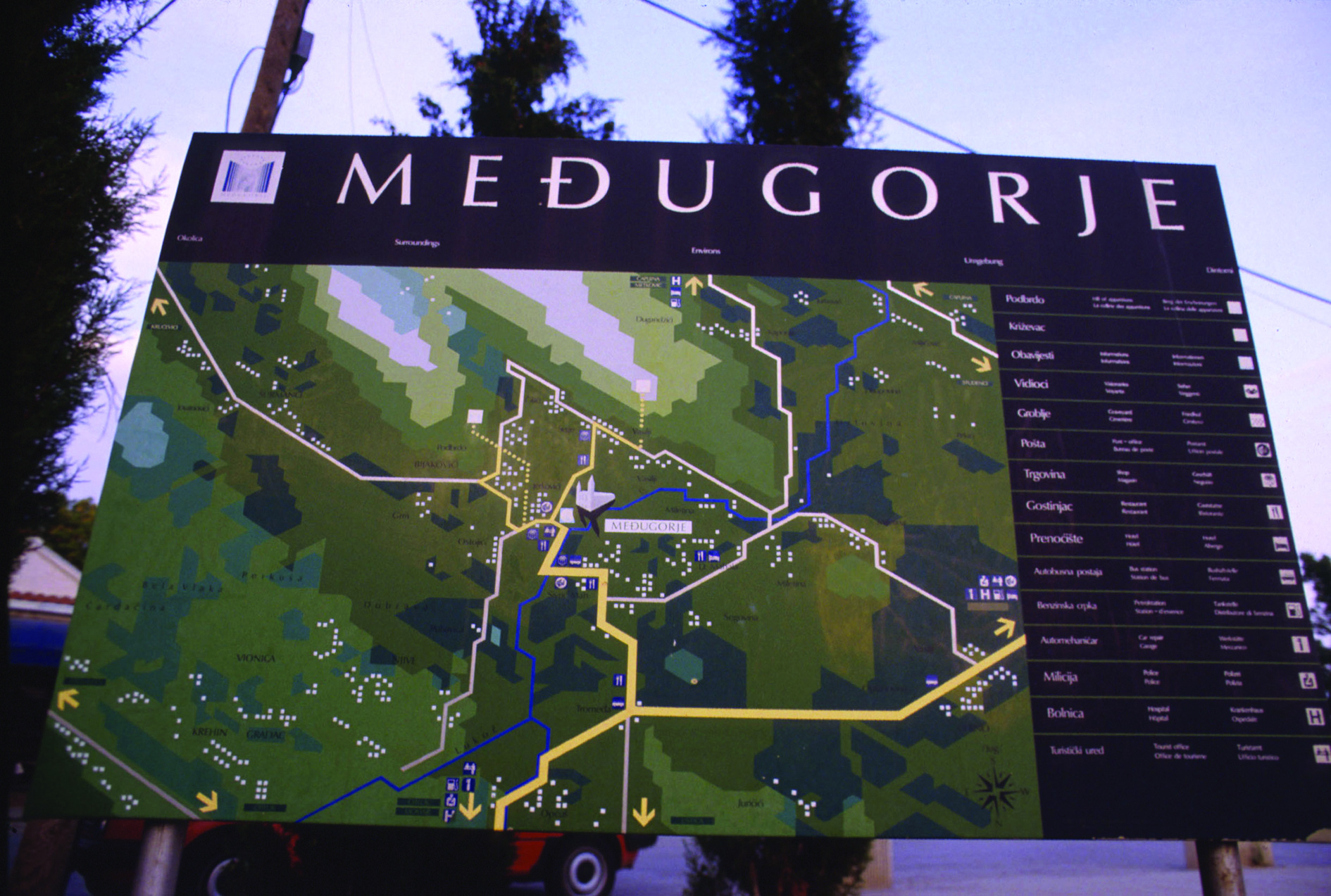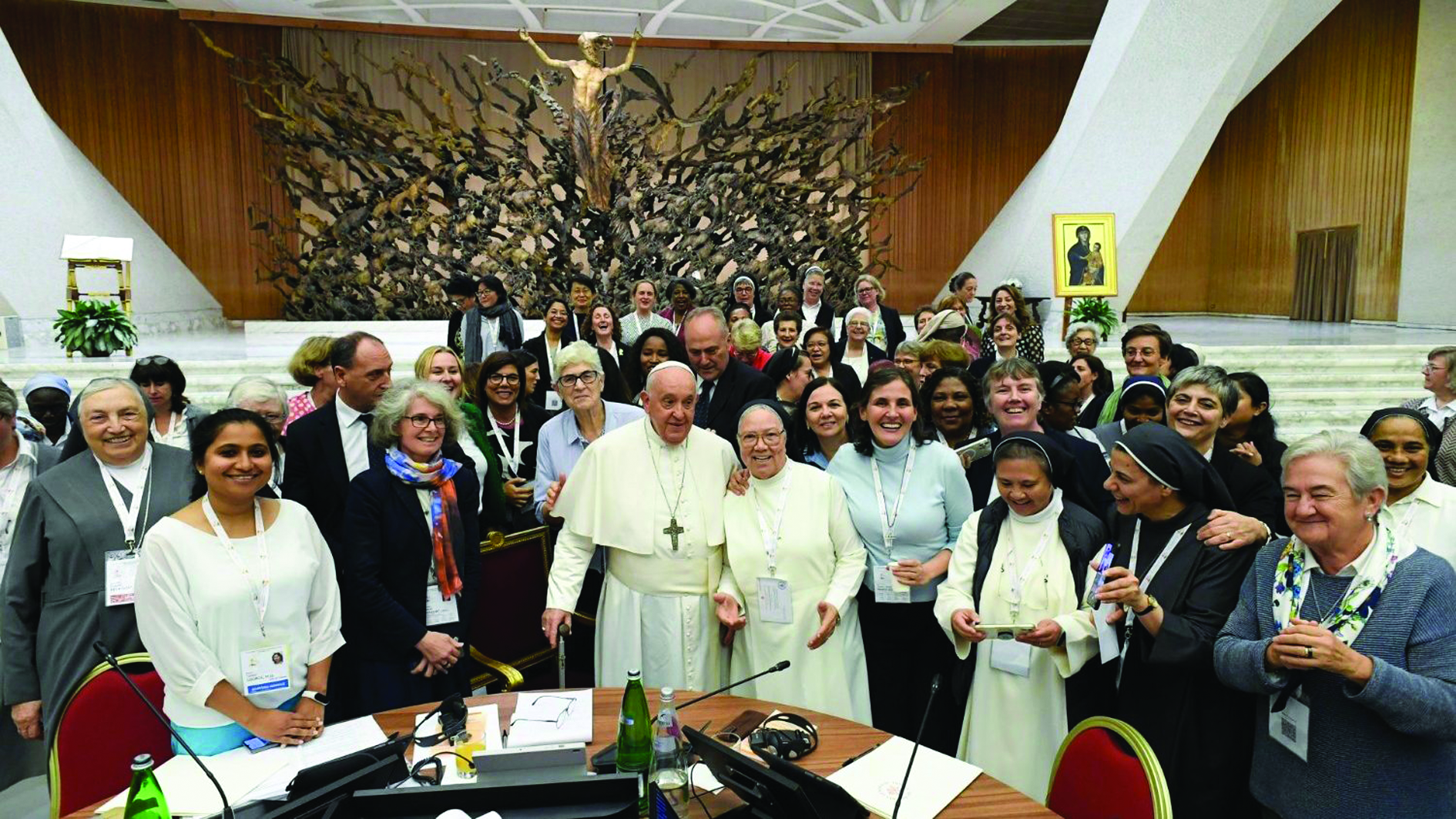In regard to the unity of Christians, to the question of ecumenism, what message does the Pope’s resignation send to Christians around the world?
Cardinal Kurt Koch: Pope Benedict was very active in the field of Christian unity. His reflections on ecumenism were based on the ecumenical decree of the Second Vatican Council. Progress toward Christian unity was very dear to him.
The fact that Pope Benedict received so many representatives from so many Churches and Christian communities, shows how important ecumenism was to him.
Also, during his trips, there were always ecumenical meetings. Already, in his first speech after his election, the Holy Father said that the search for the unity of all Christians would be the primary engagement of his pontificate, and this truly has been verified.
How can we understand the primacy of Peter? Does Pope Benedict’s decision affect this understanding?

Cardinal Kurt Koch
Koch: There are two points to underline. The first: according to Paul VI, the primacy of Peter represents the biggest obstacle to Christian unity. The second: the primacy of Peter is also the biggest factor favoring Christian unity.
Many representatives from other Christian Churches desire to meet the Holy Father. Indeed, they understand that, for the unity of the Church, a head is very important.
I have to say that, without the papacy, the Catholic Church would have the same evolution as the Orthodox Churches, which are Autocephalous and Autonomous Churches of Orthodoxy. So, we can say that for the Catholic Church, the Bishop of Rome is a great gift for the unity of the Church.
The Petrine primacy can play a great role in ecumenism, especially in the ecumenism of charity and friendship. Friendship between different ecclesiastic realities is very real. We must continue to deepen our dialogue on theological matters, especially with the Orthodox Churches. The theological dialogue with the communities of the Reformation is more difficult, as many of the Protestants don’t want to confront the question of the bishop of Rome.
How did the heads of other Churches and Christian denominations react to the Pope’s resignation?
Koch: It is still too early to give the whole spectrum of reaction from the other Churches and denominations, and from other religions, especially from the Jews. The Jews have a great esteem for Benedict XVI. Some have said that the relations between Judaism and Christianity have never been as good as they are now.
How do you think Pope Benedict will be remembered? What heritage in the ecumenical field is he leaving for his successor?
Koch: I think he succeeded in deepening relations with other Christian Churches, especially the friendship with the Ecumenical Patriarch of Constantinople and the Archbishop of Canterbury, the Primate of All England. I also want to stress that the most important aspect of present-day ecumenism, its real core, is what the Decree on Ecumenism of the Council says about spiritual ecumenism.
Spiritual ecumenism was very dear to the Holy Father. This could be heard in many of his speeches. He very often said that men on their own can’t reach unity. Unity is a gift of the Holy Spirit. We have to keep our hearts open to receive that gift.
That vision of ecumenism, in my opinion, is very important. The difficult truth of ecumenism is that, 50 years after the Second Vatican Council, the Church hasn’t reached the goal of ecumenism yet. The important thing we can still accomplish is spiritual ecumenism.
What ecumenical profile should the future Pope have? What are the most important challenges he will face?
Koch: I notice a great continuity between the Second Vatican Council and the Popes: Paul VI, John Paul II, and Benedict XVI and their great engagement in ecumenism. I do hope that this line would be continued in the future.
Personally, how you are going to remember Pope Benedict?
Koch: I’ve always seen that the Pope has three different characteristics. First of all, he is a very humble, simple, always kind person. Then, he is a man of great and profound faith. Finally, Pope Benedict is a great theologian and great intellectual. Those three characteristics meet in one person.
To me, this unity of humility, profundity of faith and great theological intellect represents the greatness of the figure of Benedict XVI. I always believed that with Benedict XVI we had a great Father of the Church in modern times.
In a book published recently by the Vatican Press, you describe many different crises in the Church. If such a great pontiff resigns, is this a sign that the Church herself hasn’t reached his level?
Koch: I wrote this book before I became a cardinal, as a bishop in Switzerland, on the situation in that country. I think Pope Benedict has diagnosed the deepest crisis of the Church today. We always talk about some expressions of the crisis. But the basic crisis is the crisis of faith. Especially in Europe, the faith is not present any longer, but also knowledge of the faith is missing.
In that sense, the first interest of the Holy Father is the beauty and rationality of the faith, and to find the way to present the faith effectively in the future. I think last October’s Synod on the new evangelization expressed the great care that the Pope has for the crisis of our Church.
We journalists have asked ourselves why Benedict XVI resigned from his office on February 28. I find one interesting aspect of Ratzinger’s life is the presence of the Easter mystery, from his birth and baptism until now…
Koch: The choice of the day of his resignation from the papacy is clear. The day of the announcement, February 11, was the Feast of Our Lady of Lourdes and also the World Day of the Sick. His confession of weakness and diminishing strength is in relation to the weaknesses of all humanity. Two days later, Lent started, the time of retreats in the Church. This is a good time to reflect on the future of the Church and for the cardinals it is also a good time to find an appropriate candidate to have a new Pope for Easter.
For you, it will be your first conclave. This conclave will be different from the others due to the presence of the living Holy Father praying for you. With what sentiments do you enter the conclave?
Koch: I’m going to participate in a conclave and I have no experience. On the other hand, we will be supported by the Holy Father’s presence. Moreover, for me this is a big challenge because the challenges for the Catholic Church around the world are very different. The situation of the Church in Europe is very polarized. And in this context, to find a right and appropriate successor of Benedict XVI, in my opinion, is a great responsibility for the Church.
Are you afraid you may be elected?
Koch: No, no! Absolutely not! As I do believe that the Holy Spirit has a better imagination.






Facebook Comments